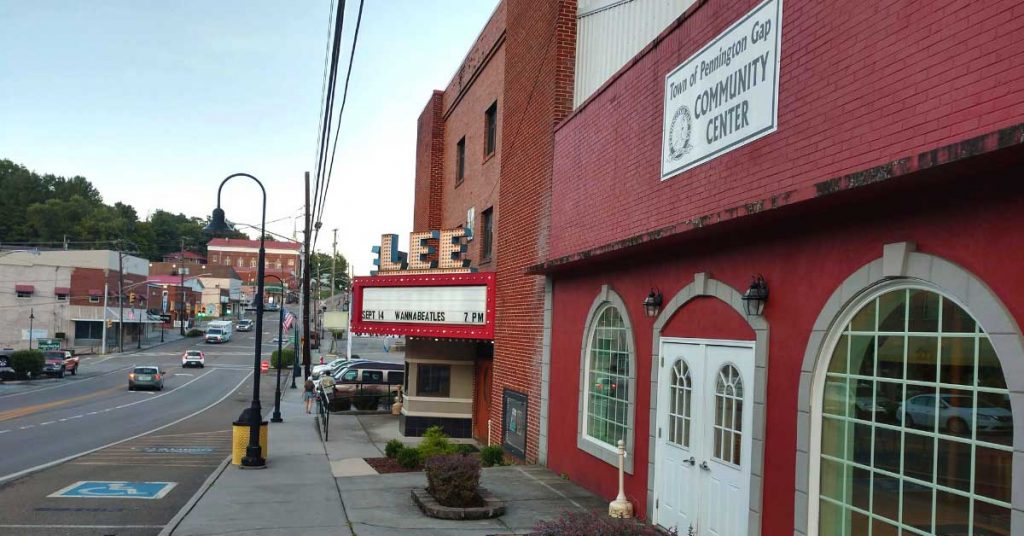Appalachian Sustainable Development
By Kelsey Stratman
Anyone who has grown their own veggies and seen how unique they can look might wonder how every piece of produce in the supermarket is almost identical. In fact, grocery stores throw away up to half of their viable produce to keep up these aesthetic standards. A nonprofit in Central Appalachia is working to keep more of the unusual-looking produce, often called “seconds,” out of the trash while making nutritious food more accessible in the process.
Appalachian Sustainable Development has worked since the ‘90s to strengthen the local agricultural economy in 15 counties across Tennessee and Virginia.
Two of their programs, Healthy Families, Family Farms and Practically Perfect, increase food access and decrease food waste by giving “seconds” produce a second life.
“It’s not like a cucumber that a field mouse has eaten the end off of,” says the organization’s Sylvia Crum. “It could be a bell pepper that has an additional lobe … it’s gorgeous and nutritional, it just doesn’t meet the retail aesthetic.”
Through Healthy Families, Family Farms, Appalachian Sustainable Development purchases seconds from farmers and distributes the goods to food banks, donating 80,000 to 125,000 pounds of produce per year and compensating farmers for their less-conventionally-attractive goods.
Practically Perfect works slightly differently; the organization encourages traditional grocery stores to sell “seconds” at a discounted price. Since 2017, the group has worked with Wholesome Wave, an organization that runs produce access programs across the country, to implement this program at six grocery stores, and has plans to expand to new retailers.
In addition to the seconds programs, Appalachian Sustainable Development also encourages self-reliance through the fun, rewarding process of growing produce. Through Grow Your Own, the organization teaches people how to garden and provides seeds and equipment to eligible people.
Each of these initiatives has successes and pitfalls. Money to run these programs is always a concern, according to Crum. But she also indicates that there are also cultural shifts that need to happen and that spreading the word about these innovative solutions will help.
Explaining how the organization’s programs tackle different areas on the “continuum” of food insecurity, Crum says, “I don’t think people really understand how complicated the issues we have in Central Appalachia are … not a lot of people are aware of the complicated nature, the nuances, and the importance of the work.”
Learn more at asdevelop.org.
Related Articles
Latest News
Sorry, we couldn't find any posts. Please try a different search.

Leave a comment
Your email address will not be published. Required fields are marked *




